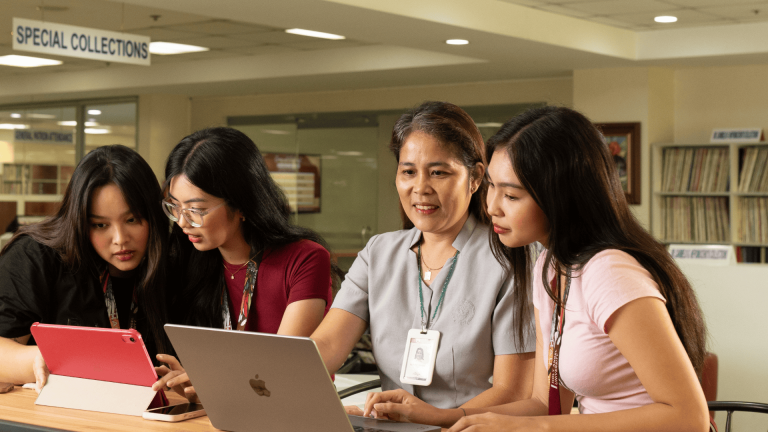
I recently had the pleasure of moderating an important online discussion about the challenges K12 leaders are facing due to the recent pandemic. To lead this discussion, I was joined by two veteran K12 leaders, Todd Theobald and Dr. Claudia Avery, to share insights and strategies on maintaining communication, consistency, and culture in remote learning environments.
Although we covered many pressing issues and topics centered around the continuance of learning, there were three topics in particular that seem to be on every educator’s mind as this school year comes to a close.
#1 Instructional Continuity
Educators have always worried about the inevitable loss of learning over the summer months, this year being no exception. Students will be starting the new school year after a roughly 7-month hiatus, leaving teachers wondering how they are going to address the potential academic deficiencies some students may have due to the impacts of a shortened school year. There are currently no guarantees about how K12 education will shift this fall, only the assurance that it must.
As we have spoken to K12 educators and leaders around the country, there is no doubt assessment will be instrumental in guiding student success. Without traditional end-of-year testing, many educators are embracing informal and frequent formative assessments to immediately inform their instruction and prepare for the next school year. With this paradigm shift comes a new belief—a belief that assessment is the beginning of learning, rather than the end. Once educators know what students know and don’t know, they have the opportunity to provide students with what they need for next year and beyond.
“We've found the need to teach our parents the purpose of assessment and reinforce the idea that it is not about grades. These scales are really meant to identify where students are currently performing and what the next step is to get closer to mastery.”
Todd Theobald | Administrator, Jordan School District
#2 Digital Equity
There is no doubt that Covid-19 shined a light on educational inequities that have existed for years, and if we’ve learned anything over these past weeks, it's that schools provide students with so much more than learning opportunities. In a recent live stream session, we discussed the continued importance of following Maslow’s Hierarchy of Needs as educators strive to create a safe and supportive remote culture for students. As educators rise to meet the needs of each community, the health, safety, and well-being of students is rightfully being prioritized well before grades and learning initiatives.
As educators continue to be understanding and flexible to the unique circumstances of remote learning, there is growing fear and frustration that some students are still being left behind. Though the learning gap has always existed, I, along with many other educators, share the concern that this will only be magnified in highly impacted communities. As you seek to combat the learning gap in your school or district, remind yourself that for many families, survival is the focus right now. For K12 educators, “business as usual” is no longer an option, so give yourself grace as you continue your instruction through the disruption.
“Many students are taking care of their young siblings and extended family members. Unfortunately, academics isn't a priority for many families. However, we must continue to provide learning opportunities, ongoing support, and flexibility for these unique situations.”
Dr. Claudia Avery | Deputy Superintendent of Fairfield County School District
#3 Student Engagement
The recent pandemic has disrupted the normalcy of everyday life for everyone. As families are continuing to navigate these changes, educators are doing their best to respond to the disruption in student learning while remaining empathetic to the extenuating circumstances. One of our panelists, Todd Theobald, responded to a question about increasing online attendance and engagement by sharing the basis of a recent conversation with a frustrated parent as they did their best to ensure their child gets all of their homework done. For both Todd and the parent the question arose, “At what cost?”
As educators strive to maintain consistency, my advice is that we all remain aware of what we are asking of families during this uncertain time and focus only on the most critical skills and standards that will prepare students for next year. Now more than ever, empathy has to come before efficiency.
“We know that for some families, trying to keep their children on task and helping them complete assignments can make their home environment feel like a war zone. The battle is real and we must be sympathetic to all of the external factors that might be preventing students from participating. That being said, I encourage teachers to be aware of what we are expecting during this time. They should be designing instruction and assignments that focus on the most critical skills and concepts, and explaining to parents the “Why” behind what they are learning and doing.”
Todd Theobald | Administrator, Jordan School District
Related Content
 philippines_ched_cmo.png
philippines_ched_cmo.pngBlogs
 meet-canvas-apac-team-avi.png
meet-canvas-apac-team-avi.pngBlogs
 mom_and_baby_with_laptop_2.jpg
mom_and_baby_with_laptop_2.jpgBlogs